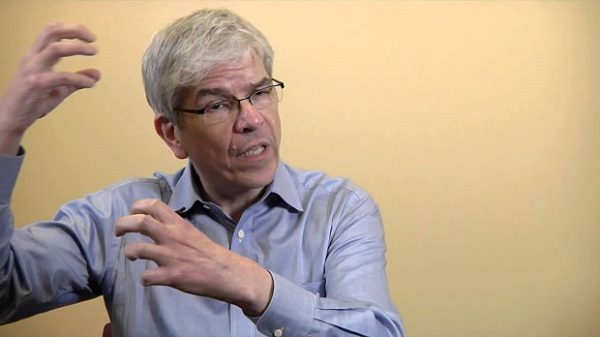The resounding resignation of Paul Romer, Chief Economist of the World Bank, following his criticism of the Doing Business ranking, weakens this authoritative report for fifteen years.
According to the famous economist at New York University, known for his theory of endogenous growth, sometimes political considerations have motivated the ranking of some of the 190 countries highlighted in this document particularly taken seriously in Africa. The case of Chile illustrates this state of affairs well.
The Latin American country would have been penalized voluntarily since the arrival of the socialist Michelle Bachelet, in 2014. Since then, Chile has lost 20 places, resulting in an eviction of FDI.
Doing Business 2017 “(published late 2016) was, for example, the first in the series to wonder how easily companies can get a refund or resolve an error after filing their taxes.
In this report, Chile was ranked as the 120’s easiest place to pay taxes, some 87 notches below its rank the previous year. No other country has fallen so strongly.
According to Paul Romer, the only criterion related to the deadlines for the payment of business taxes could not be enough to move Chile from the 34e (2014) to the 57th place overall. Paul Romer questions the reliability of the last four editions.
In fact, the World Bank has changed the rules of its ranking. The new method over-weights measurable criteria such as the number of days required to start a business, register a property or register taxes.
By changing the rules, the rankings have allowed a better performance of some countries such as India while China, often abused by the report, calls for its removal.
Paul Romer talks about tailor-made rules. This denies bluntly the WB which recalls that the indicators and methodology are designed without any country in mind. To stop the controversy, the international financial institution is determined to conduct its own survey of Chile’s indicators.
Since taking office in 2016, the chief economist has been in constant conflict with WB officials over the methodology and writing of the reports produced by this international financial institution. Accusing the Doing Business team to put a “thumb on the scale,” Paul Romer reopens a debate on the ideological nature of a report that contributes to the standardization of economic policies in the world but not necessarily the establishment of better income distribution systems.
The report notes that the 20 countries receiving their best scores (ie the most business-friendly) – almost all advanced economies – have a lower Gini coefficient than the 20 countries that receive the worst scores.



